

2018-09-27 11:41:00 Thu ET
stock market gold oil stock return s&p 500 asset market stabilization asset price fluctuations stocks bonds currencies commodities funds term spreads credit spreads fair value spreads asset investments
Michael Kors pays $2.3 billion to acquire the Italian elite fashion brand Versace. In accordance with Michael Kors's 5-year plan, the joint company grows Versace's sales revenue to $2 billion per annum, opens more stores worldwide, and improves the brand's ecommerce services to expand its apparel, footwear, and accessories business franchises. Donatella Versace remains an Italian fashion label, but the U.S. fashion Group Michael Kors rebrands itself as Capri.
As a key U.S. handbag maker, Michael Kors acquires Gianni Versace plus its debt to enter the exclusive high-end European luxury market. As part of the M&A deal, Donatella Versace stays as the chief fashion designer to oversee the brand.
In effect, Capri seeks an innovative M&A entry into the global market for personal luxury goods from handbags to clothes and accessories with $300+ billion revenue as of mid-2018. This buyout is a significant step toward building a bold and efficient fashion business that would rival French heavyweight conglomerates LVMH (Louis Vuitton, Fendi, and Givenchy) and Kering (Gucci, Balenciaga and Saint Laurent).
No similar U.S. conglomerate has comparable scale, so this buyout can be the key watershed between U.S. and French fashion designers. In fact, Coach has made moves to implement a similar model with ambitious acquisitions of Kate Spade and Stuart Weitzman, owning the European luxury fashion brand Versace would give considerable clout and star power to the Capri fashion portfolio.
If any of our AYA Analytica financial health memos (FHM), blog posts, ebooks, newsletters, and notifications etc, or any other form of online content curation, involves potential copyright concerns, please feel free to contact us at service@ayafintech.network so that we can remove relevant content in response to any such request within a reasonable time frame.
2018-06-04 08:38:00 Monday ET
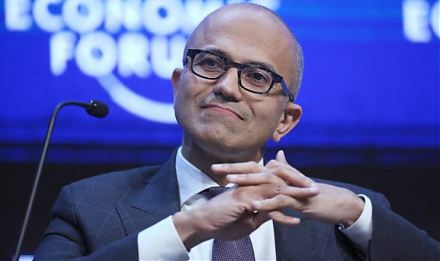
Microsoft acquires GitHub, a software development platform that has been widely shared-and-used by more than 28 million programmers worldwide. GitHub's
2019-10-25 07:49:00 Friday ET
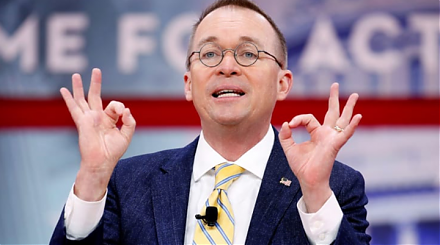
U.S. fiscal budget deficit hits $1 trillion or the highest level in 7 years. The current U.S. Treasury fiscal budget deficit rises from $779 billion to $1.0
2017-06-03 05:35:00 Saturday ET
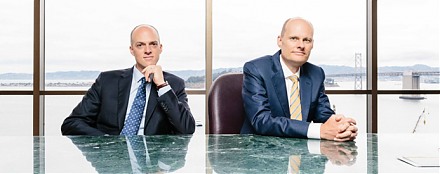
Fundamental value investors, who intend to manage their stock portfolios like Warren Buffett and Peter Lynch, now find it more difficult to ferret out indiv
2019-11-03 12:30:00 Sunday ET
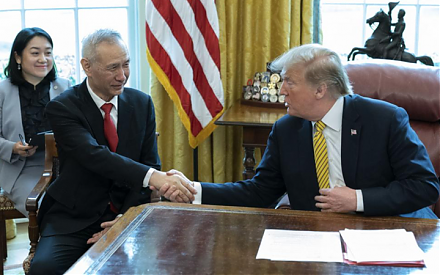
Chinese trade delegation offers to boost purchases of U.S. agricultural products to reach an interim trade deal with the Trump administration. Chinese Vice
2025-06-21 10:25:00 Saturday ET
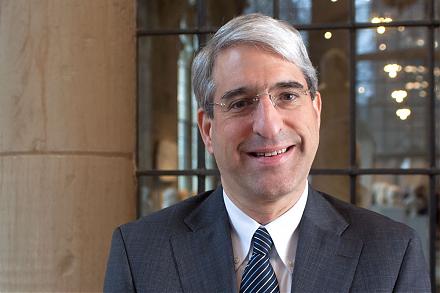
Former New York Times science author and Harvard psychologist Daniel Goleman explains why emotional intelligence can serve as a more important critical succ
2017-11-23 10:42:00 Thursday ET
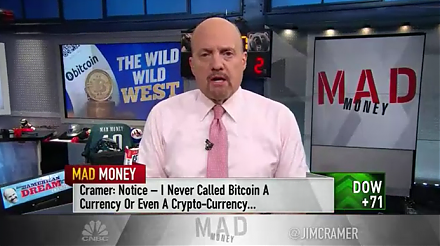
As the TV host of Mad Money, Jim Cramer provides 5 key reasons against the purchase and use of cryptocurrencies such as Bitcoin. First, no one knows the ano